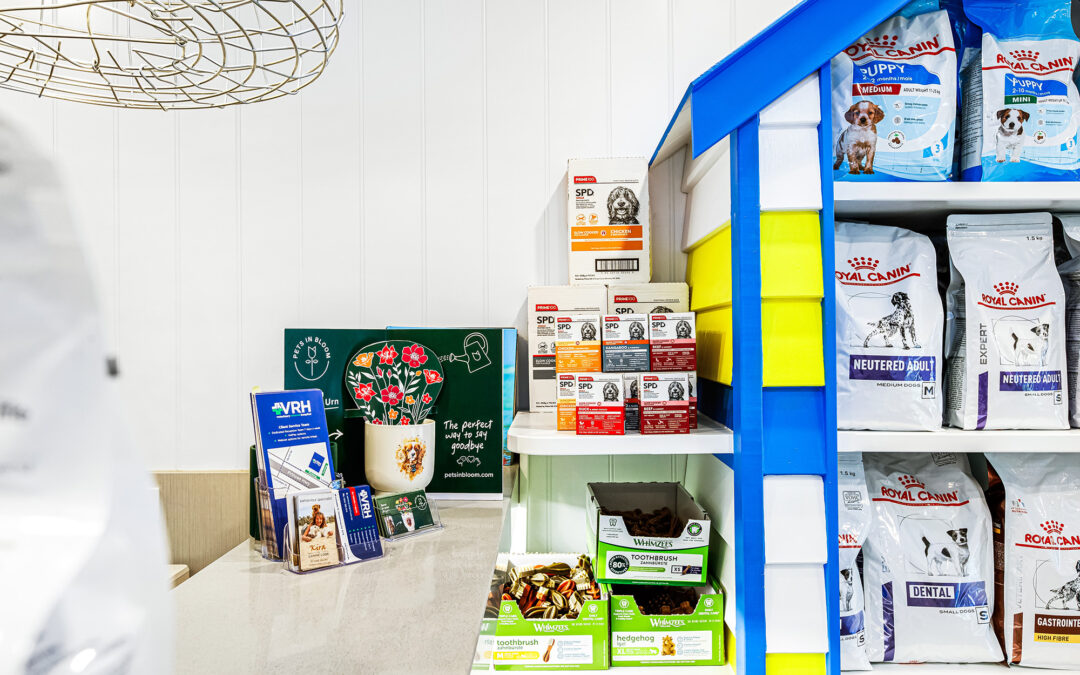The type and amount of food your pet needs depends on several factors such as species, breed, age, weight, activity level, and any underlying health conditions. Here’s a breakdown for different pets:
For Dogs:
- Type of Food:
- Puppies: High-quality puppy food rich in protein and fat to support growth.
- Adult dogs: Choose a balanced commercial dog food (dry or wet) formulated for their size and activity level.
- Senior dogs: May require a diet with fewer calories, but higher in fiber or certain nutrients to support aging joints and organs.
- Special Diets: Dogs with allergies, obesity, or health issues may need prescription diets or specific food ingredients.
- Portion Size:
- Look at the feeding guidelines on the pet food packaging based on your dog’s weight. Adjust for activity level (active dogs may need more, while sedentary dogs need less).
- Puppies need more frequent, smaller meals, while adult dogs generally need two meals per day.
For Cats:
- Type of Food:
- Kittens: High-protein kitten food to support growth and development.
- Adult cats: A balanced cat food (wet or dry) that meets their specific nutritional needs.
- Senior cats: May need a diet tailored to kidney health or weight management as they age.
- Special Diets: Cats prone to urinary issues, obesity, or diabetes may require special food formulations.
- Portion Size:
- Cats are generally free feeders, but portion control is important to avoid obesity. Measure the food according to packaging instructions based on weight and consult your vet if your cat has a unique dietary need.
For Small Animals (Rabbits, Guinea Pigs, Hamsters, etc.):
- Type of Food:
- Rabbits: Should eat mainly hay, with some fresh greens and a small portion of pellets.
- Guinea pigs: Need hay, fresh vegetables, and vitamin C-rich pellets.
- Hamsters and other small rodents: Require a balanced commercial rodent mix with occasional fresh vegetables or fruit.
- Portion Size:
- Ensure the correct mix of food types, focusing on hay for rabbits and guinea pigs, and offer treats sparingly. Adjust based on their size and activity level.
General Guidelines for All Pets:
- Avoid feeding table scraps or human food as these can be unhealthy and cause digestive issues.
- Always provide fresh water.
- Consult your veterinarian before making any changes to your pet’s diet, especially if your pet has health concerns.
Would you like to know more about a specific type of food or pet?

